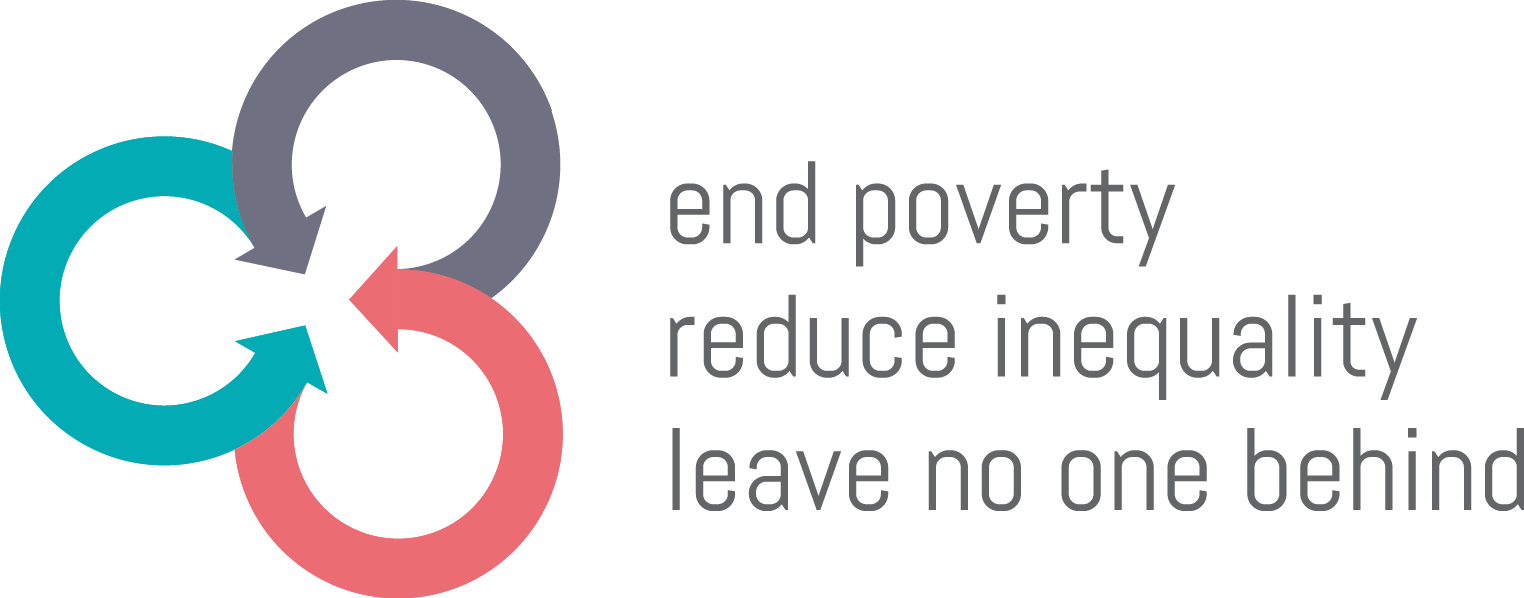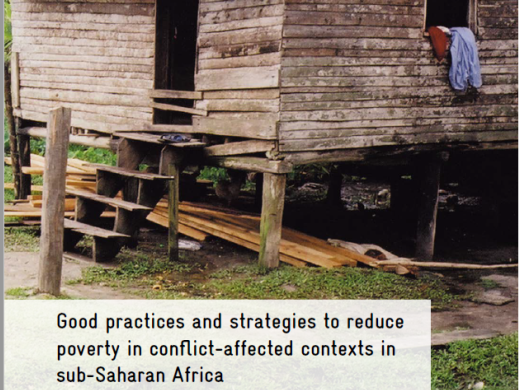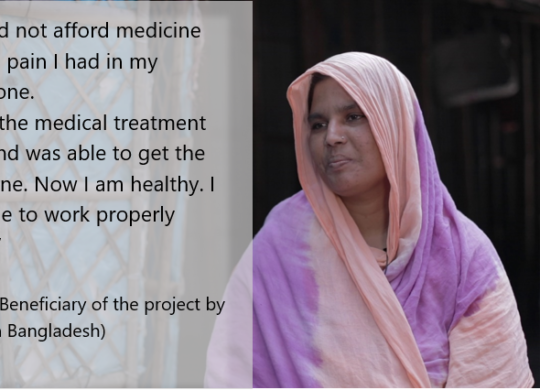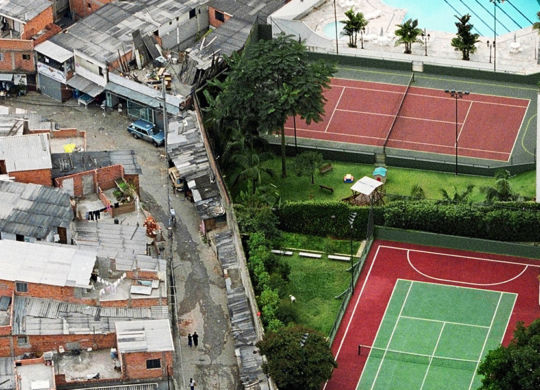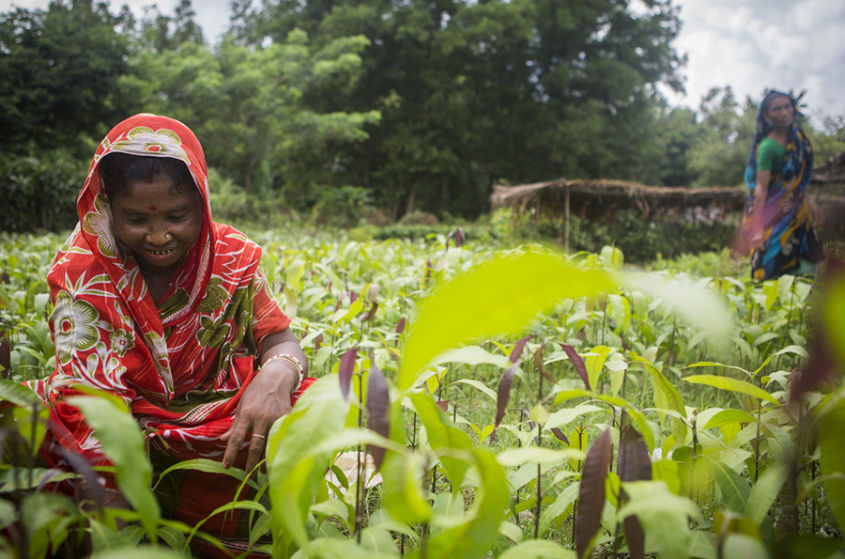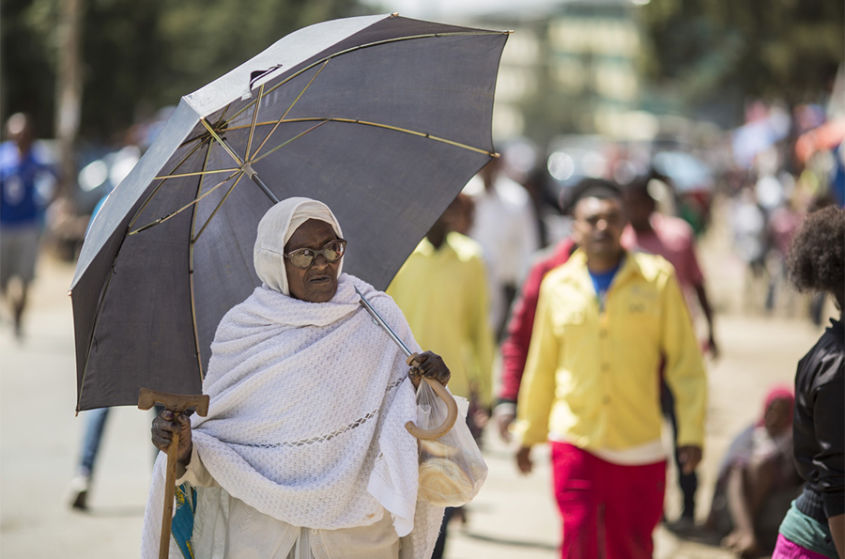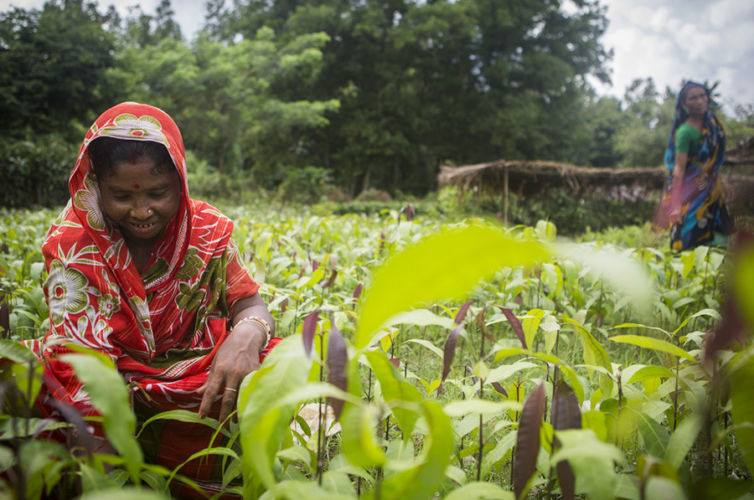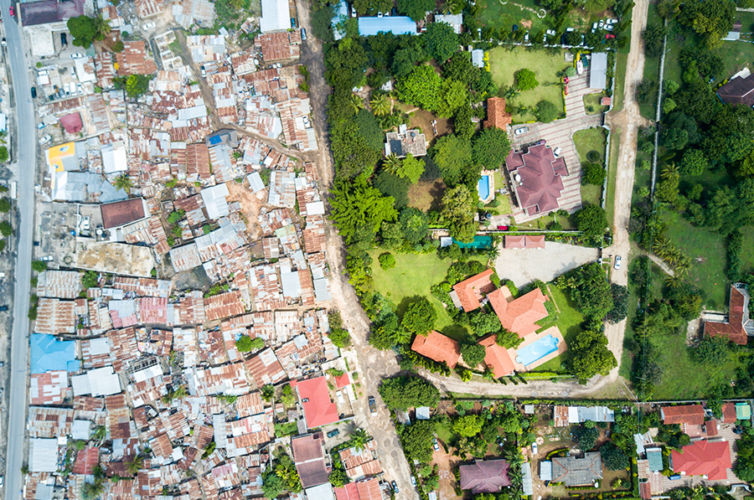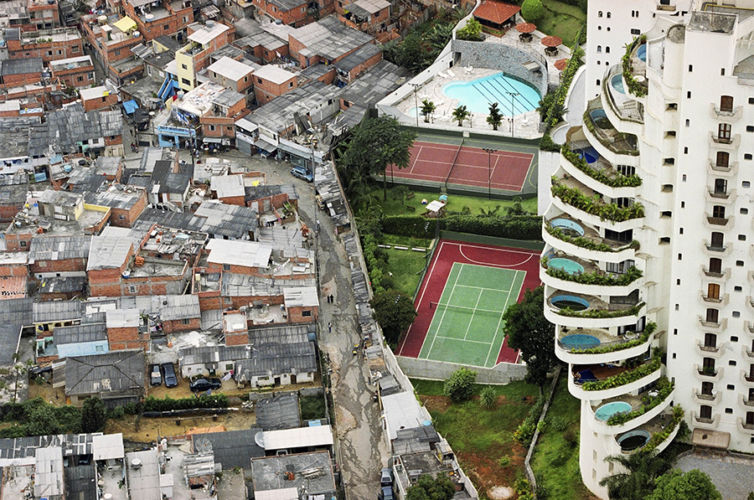The United Nations’ 2030 Agenda for Sustainable Development is a plan of action for people, planet and prosperity. By integrating all three dimensions of sustainability – social, economic and environmental – it sets a new standard in development and shared responsibility, one that commits to ‘leave no one behind’ (LNOB).
For decades, poverty reduction has been at the heart of development work. Inequality and LNOB are relatively new, and therefore requires us to formulate and generate appropriate strategies.
This website presents the most important aspects relating to poverty, inequality and LNOB, and includes the latest reports and most relevant publications. It also provides examples of recent development work where tangible project results are used to show the interrelations between all three topics.
This manual outlines effective strategies to better consider the interplay between poverty and fragility, conflict and violence in programs and policies in sub-Saharan Africa (SSA), where most of the people living in extreme poverty reside today.
The piloting-phase of the Inequality Challenge Innovation Fund ended with results that exceeded any expectations. Ten projects in ten countries contributed to reducing inequality and to advancing the Agenda 2030 principle to Leave No One Behind – find more information about individual experiences here.
Reducing inequalities is both a stand-alone and crosscutting objective in the implementation of the 2030 Agenda. The Professional Online Training Course on Inequalities offers to identify policies, which effectively reduce inequalities and share best practices. In addition, it aims to lay the foundation for integrated policy-making that combines the economic, social and environmental dimensions at all levels
